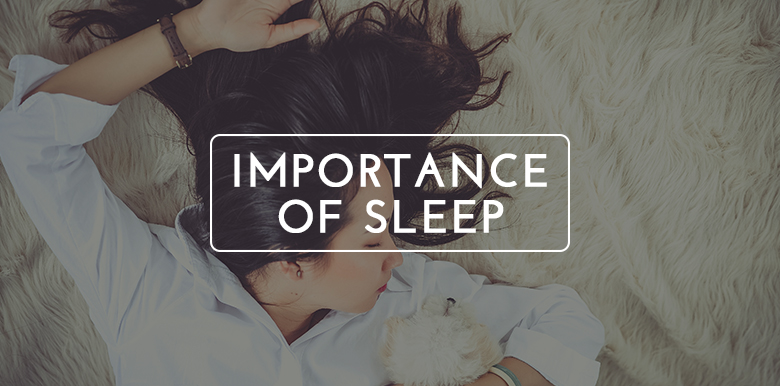We tend to think of sleep as a time when the mind and body shut down. But this is not the case; sleep is an active period in which a lot of important processing, restoration, and strengthening occurs. Exactly how this happens and why our bodies are programmed for such a long period of slumber is still somewhat of a mystery. But scientists do understand some of sleep’s critical functions, and the reasons we need it for optimal health and wellbeing.
1. Better productivity and concentration
There were several studies that scientists did in the early 2000s that looked at the effects of sleep deprivation.
2. Lower weight gain risk
The link between weight gain and obesity and short sleep patterns is not completely clear.
There have been several studies throughout the years that have linked obesity and poor sleep patterns.
A lack of sleep may affect a person’s desire or ability to maintain a healthful lifestyle, but it may or may not be a direct contributor to weight gain.
3. Safety
Sleep debt contributes to a greater tendency to fall asleep during the daytime. These lapses may cause falls and mistakes such as medical errors, air traffic mishaps, and road accidents.
4. Mood
Sleep loss may result in irritability, impatience, inability to concentrate, and moodiness. Too little sleep can also leave you too tired to do the things you like to do.
5. Cardiovascular health
Serious sleep disorders have been linked to hypertension, increased stress hormone levels, and irregular heartbeat.
6. Disease
Sleep deprivation alters immune function, including the activity of the body’s killer cells. Keeping up with sleep may also help fight cancer.
7. Fight Infection
Sleep is your body’s mechanism to ward off infection. When you don’t get enough, your immune system is weaker, making you more susceptible to illness.
8. Replenish
During sleep, your body repairs the damage caused by stress, ultraviolet rays and other harmful exposure, as well as muscle injuries and other traumas.
When you don’t get enough sleep over time, not only do you lose out on the key benefits of sleep, but you also become more vulnerable to a number of short- and long-term health risks.
